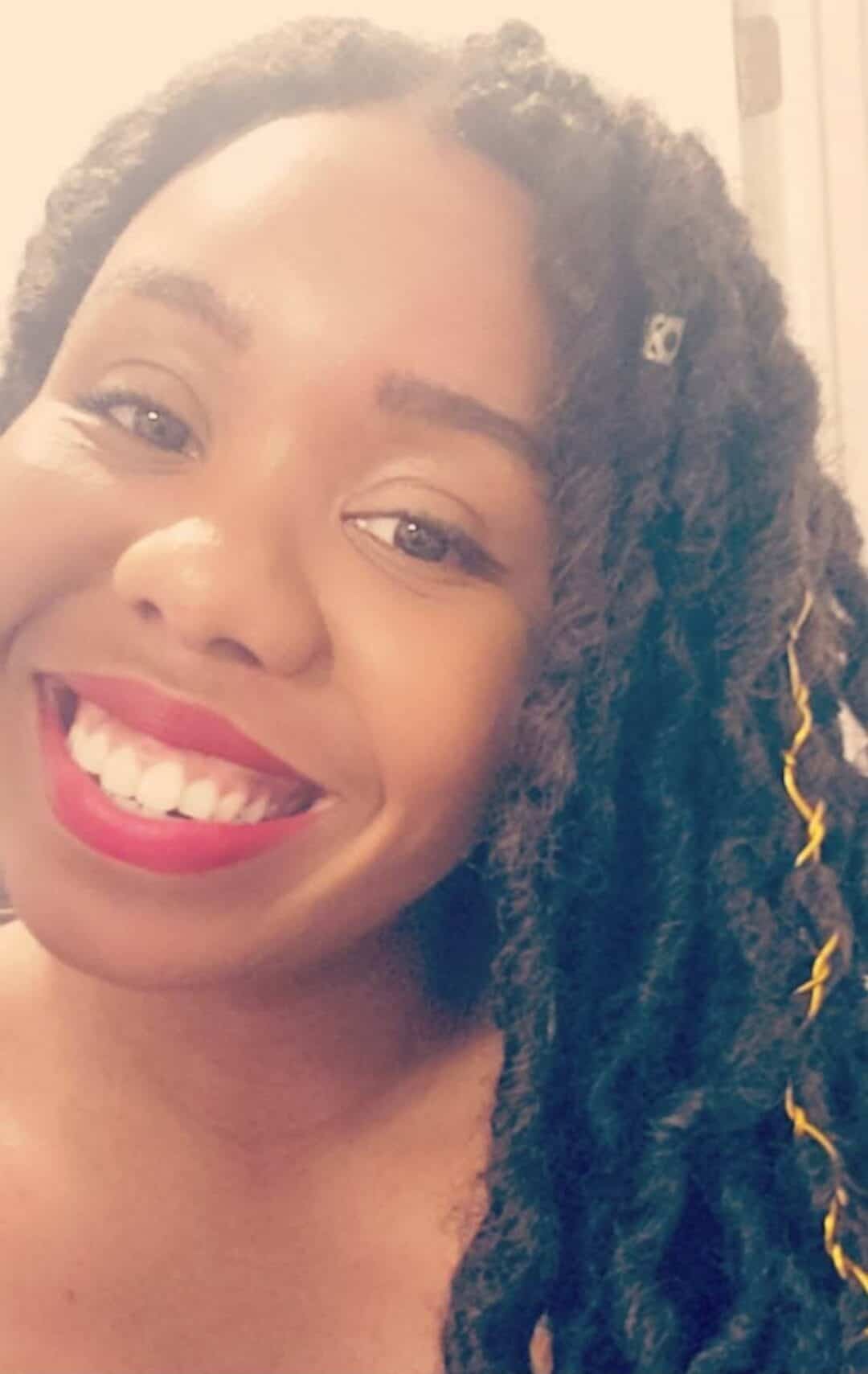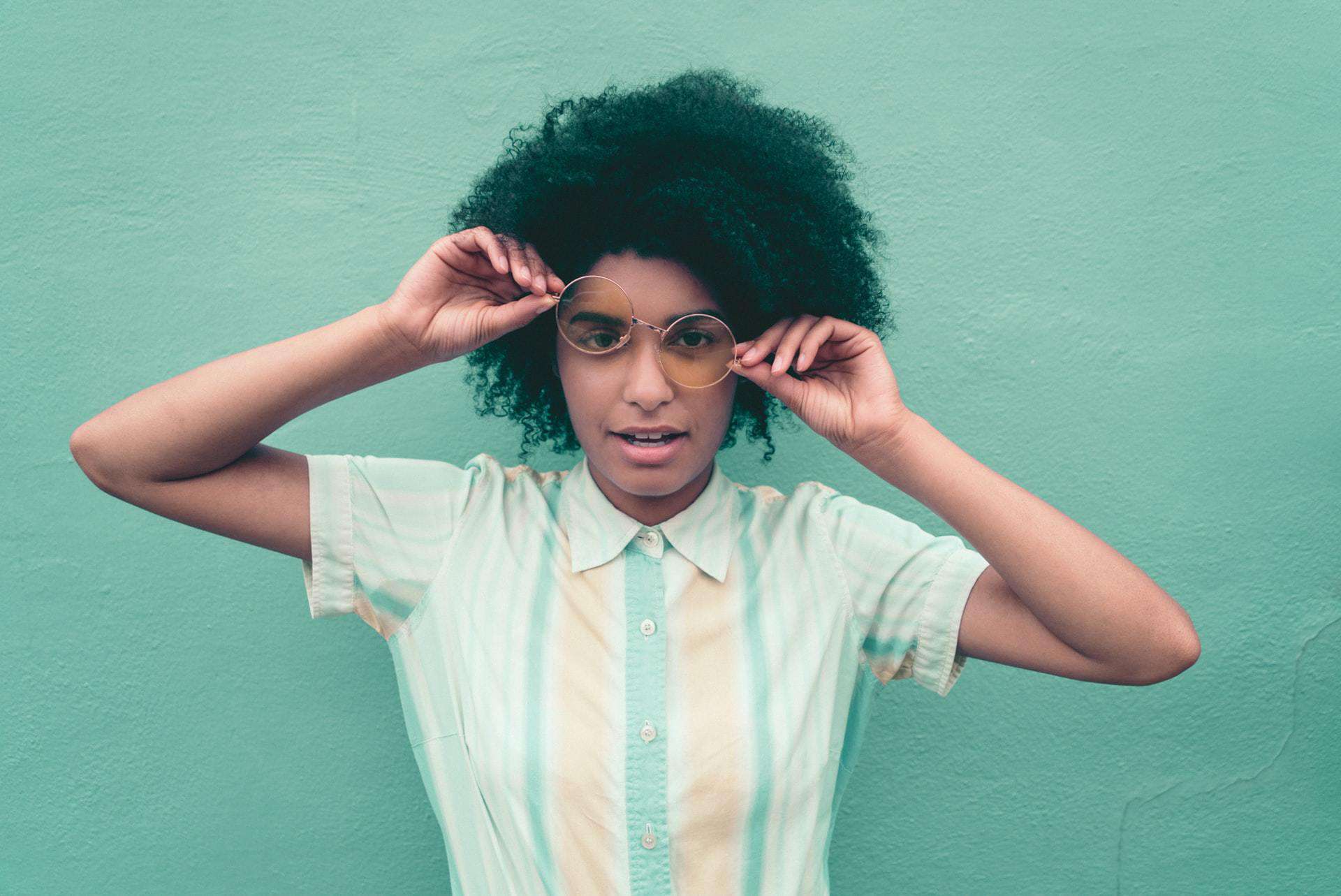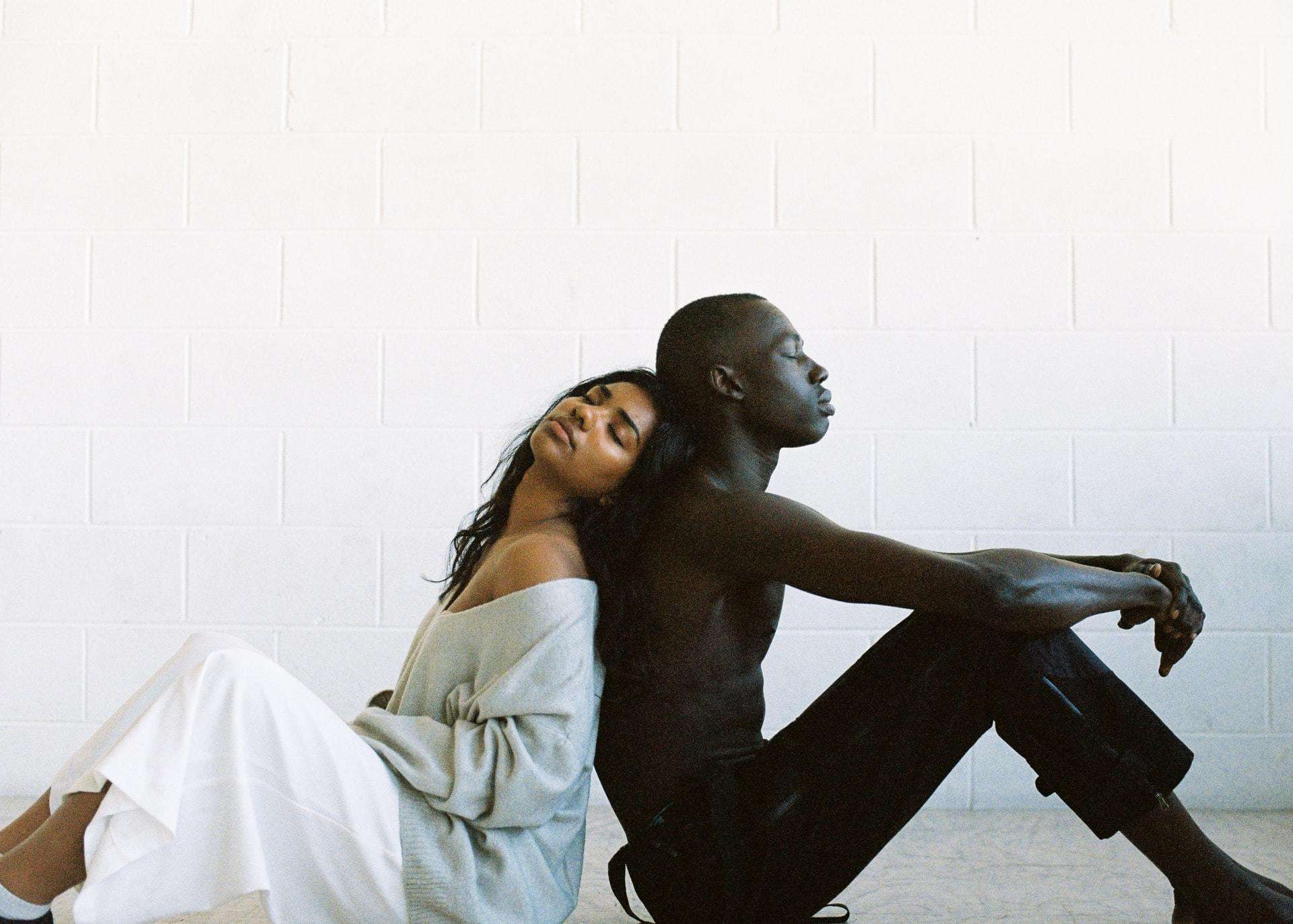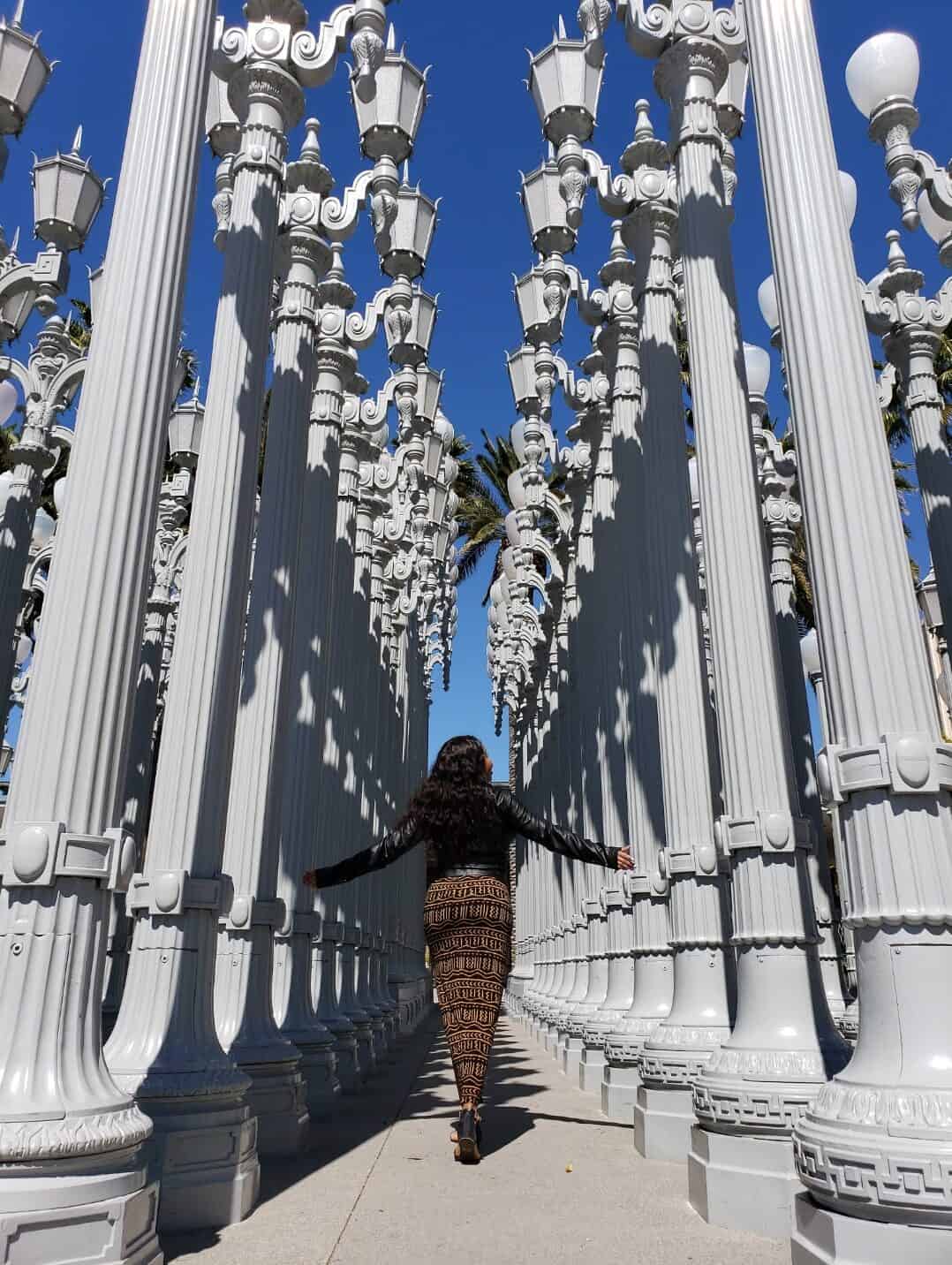I’ve heard this more times than I can count.
“She’s black but she acts like she’s white.”
“She doesn’t talk like she’s black.”
“Maybe she was adopted.”
I know I’m not the only person who has dealt with this. As African Americans, we aren’t just part of an ethnicity, but part of a culture. Moreover, our culture is surrounded by stereotypes that expect us to look, act, and behave a certain way. But what about those of us who weren’t raised amongst other African Americans? Where do we fit in?
As an African-American girl who was raised on a farm, home-schooled, and isolated from society, I didn’t–and still don’t–fit any mold. For the better part of my childhood and teenage years, seeing another person who looked like me was rare. Majority of the people in my community were Amish and Mennonite. Although, my parents were vigilant about ensuring that myself and my siblings were aware of African-American history, there was no one outside of our family who could relate. I grew up listening to country music, playing manhunt outside with my siblings, and tending to the garden and animals. None of my friends were black. I didn’t realize how different I was until I moved away from home. The culture shock was unreal.
Finally, I was surrounded by people who looked like me all the time. But I seriously couldn’t relate. Had no idea what the electric slide was, never listened to hip hop music, never had my hair braided, and you could forget about the lingo. I’ll never forget the day I had to look up “trippin” on google. People thought I was weird. Heck, I even thought I was weird. Even though, I was an African American girl, I felt very disconnected from the culture. The more I tried to learn about modern black culture, the more I was faced with outlandish assumptions about me. I spoke very proper, wore dresses everyday, and got way too excited over basic things like going to the movies. At first, I took people’s comments and assumptions personally. Eventually, I had to laugh about it because I’ll never fit in anyone’s mold. And that’s okay!

There are many African-Americans in this world who were either adopted into racially different families, raised in white neighborhoods, or have interests and mannerisms that “aren’t black”. It’s not easily feeling that you don’t belong to your culture, or any culture for that matter. It helps to surround yourself with people who accept you for you. At the end of the day, there is always going to be someone who thinks that you don’t belong. But does their opinion really matter?




